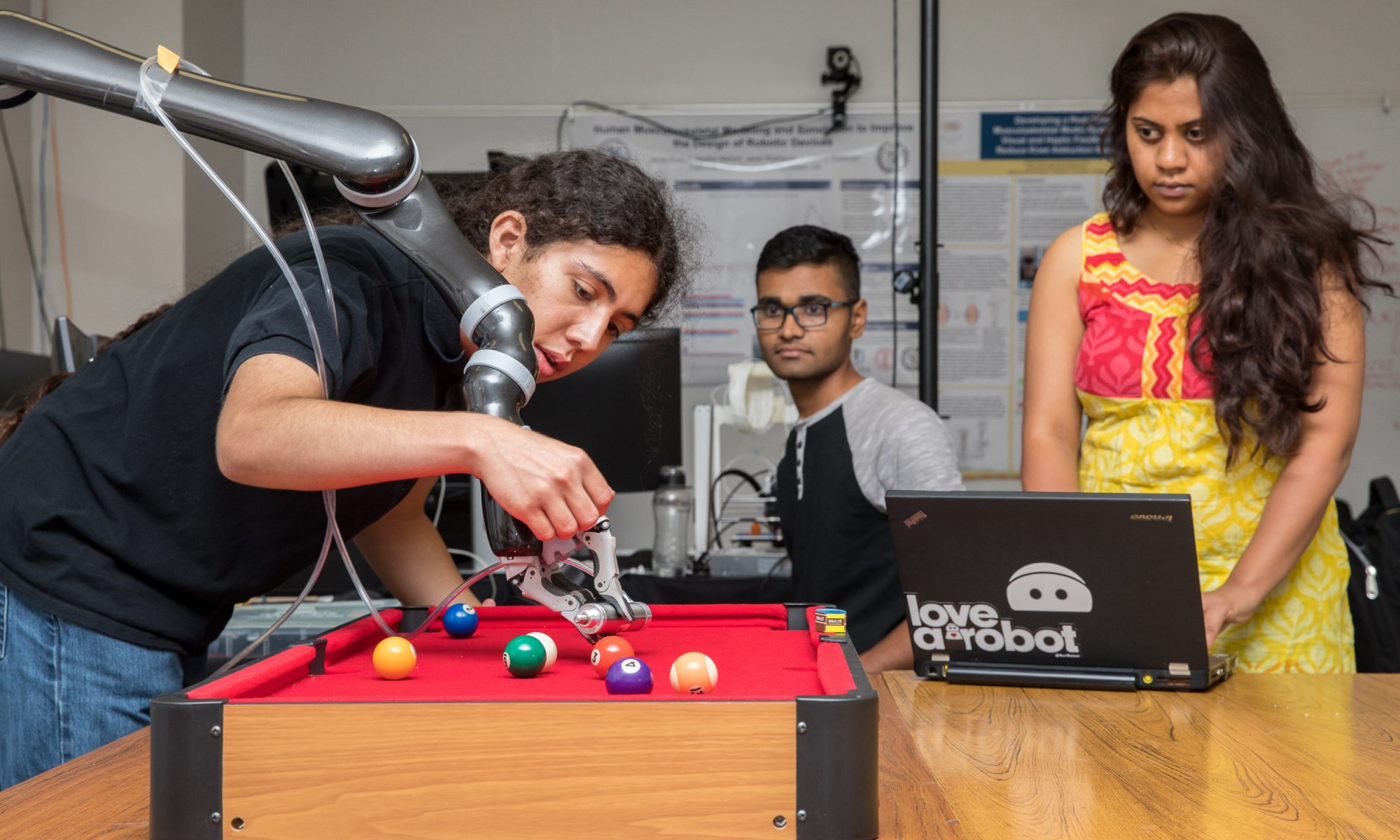
The DENSO North America Foundation has awarded the CSULB College of Engineering a $50,000 grant to help develop interfaces that will improve driver safety and responsiveness and advance the automotive industry’s understanding.
“This generous donation will go far in advancing what we know about how interfaces can help improve safety and driver responsiveness,” said College of Engineering Development Director Nicole Forrest Boggs. “We really appreciate our longstanding relationship with such a prominent local engineering company such as DENSO.”
The DENSO foundation has supported many CSULB initiatives over the years, including senior design projects, automotive research and development, a mill for the Composite and Manufacturing Lab, a robot for the programmable material handling system, and a computer-support plasma cutting system. DENSO has also supported the formula and mini-Baja competitions and contributed equipment for the Non-Destructive Testing (NDT) Lab.
With offices in Long Beach, DENSO employs 23,000 people at 25 manufacturing facilities worldwide. The company sells and distributes automotive components, supplying parts for original equipment service dealers and independent aftermarket service centers and retailers.
The latest donation will support research projects that advance the tactile and visual automotive driver experience and bridge the gap between theoretical innovation and real-world applications. Undergraduate students will benefit by receiving hands-on training. The projects will use tools from robotics, haptics, and machine learning.
Under the direction of CSULB mechanical engineering assistant professor Emel Demircan, students will explore development of:
- A dynamic interface to create better situation awareness
- A haptic interface to deliver real-time information on environmental changes, and
- An ergonomic multi-modal display for injury prevention.
Demircan, who specializes in musculoskeletal biomechanics and robotics, is an OpenSim Fellow at the U.S. National Institutes of Health’s Center for Rehabilitation Research. Her Human Performance Laboratory (HPRL) at CSULB focuses on human biomechanics and robotics, including dynamics, control and simulation of musculoskeletal systems, assistive technologies, human-robot interaction, human motor control, virtual environments, and dynamic simulation. The visual feedback interface will be developed using the musculoskeletal modeling and simulation framework OpenSim.

